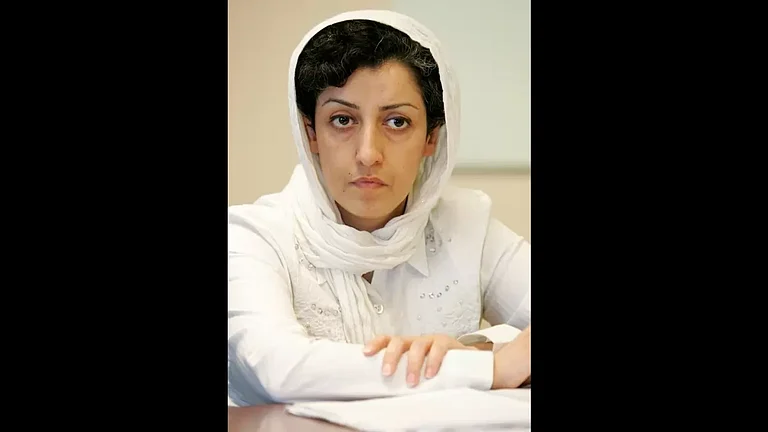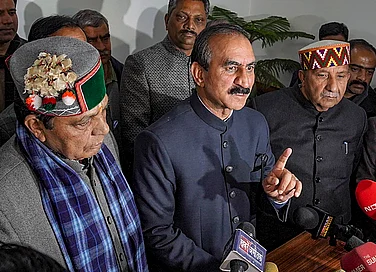A vinuous symposium in the queen of cities saw the first of many conversations that would become the ingredients of The Spy Chronicles: RAW, ISI and the Illusion of Peace. It was May 2016, and ex-Research and Analysis Wing (RAW) chief A.S. Dulat, former Inter-Services Intelligence (ISI) chief Asad Durrani and I were to meet in Istanbul following a Track 2 ‘intel dialogue’ between retired officials from India and Pakistan. Our project was hush-hush. On my Turkish Airlines flight, however, I espied the academic Ananya Vajpeyi a few rows behind me. Oh no. Where do I hide? I slouched into my seat. But eventually, all flights land. As soon as I stood, the inevitable “Aditya!” rang out. She was visiting her spouse Basharat Peer who was in the city, writing. And I? “Um, a Track 2 meet,” I lied. “Oh, which one?” she asked. “Ah, the usual, peace and conflict, etc,” I mumbled, and fled the plane. A close one.
That night, spies descended on my hotel room for ‘happy hours’. Besides Dulat and Durrani, the celebrants were former Pakistan High Commissioner Aziz Ahmed Khan and ex-RAW chief C.D. Sahay. (Former Intelligence Bureau special director K.M. Singh and the ISI’s ex-chief Ehsan-ul Haq preferred to report to their bosses. Yes, their wives.) Sahay is a teetotaller, but Aziz was well and truly liberated, telling ribald jokes, his face turning ruddy with each roar of laughter. Dulat is an inscrutable drinker; Durrani nods his head continuously, like a doll at Shankar’s Museum in Delhi. We stumbled up to the terrace for dinner, and along with the uxorious gentlemen (and the wives), talked volubly about the popularity of Pakistani TV serials. “That’s in north India,” I interjected, uninvited. “In the northeast, Korean serials are the most popular.” A hush descended on the table, as if I had just set Indo-Pak relations back a decade.
January 2017 at a hotel on the Chao Phraya river in Bangkok: despite six months apart, Durrani has grown used to me. He still has a fauji’s disdain for journalistic recklessness and indiscipline. One breakfast we shared a table, and he opened up about the memoir he had long been toiling over. My alarm bells sounded: a ‘scoop’ must be guarded more closely than any secret. His memoir should not clash with our book. “It may confuse the readers,” the publisher, with an eye on sales, later agreed. Durrani emailed me the PDF of Pakistan Adrift in December and I sighed in relief. It’s as reliably turgid as any bureaucratic memoir; what need has the ISI for the rack when it can break a captive thus?






















